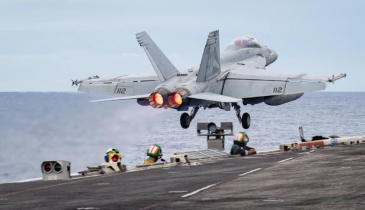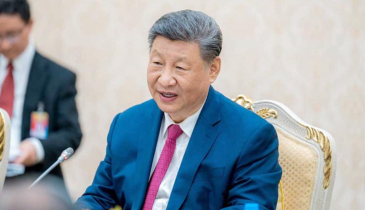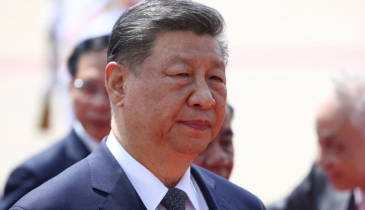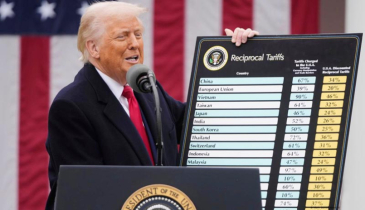Russia vetos UN resolution to prevent nuclear weapons race in space
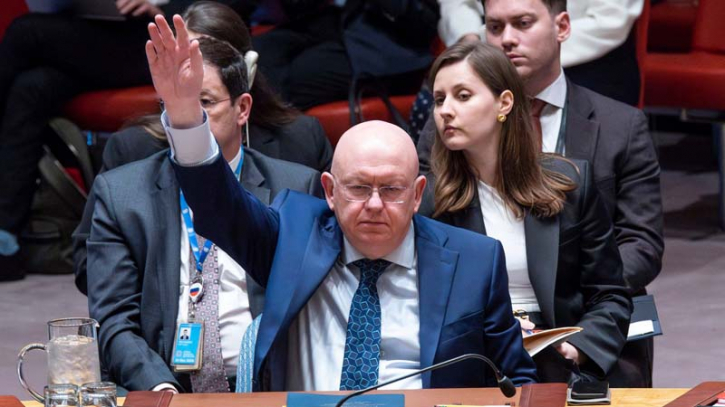
Russia exercised its veto power at the United Nations on Wednesday, blocking a resolution put forth by the United States and Japan aimed at preventing a potentially hazardous nuclear weapons race in space.
The Russian delegation criticized the resolution labeling it a 'dirty spectacle' that selectively focuses on nuclear weapons while neglecting other forms of weaponry that should also be prohibited.
The vote within the 15-member Security Council resulted in 13 countries in favor of the resolution, with Russia opposing it and China abstaining.
The proposed resolution sought to urge all nations to refrain from developing or deploying nuclear arms or any other weapons of mass destruction in space, actions already prohibited under a 1967 international treaty ratified by both the United States and Russia. Additionally, the resolution aimed to underscore the importance of verifying compliance with these regulations.
Following the vote US Ambassador Linda Thomas-Greenfield expressed bewilderment at Russia's decision, particularly in light of Russian President Vladimir Putin's earlier statements affirming Moscow's disinterest in placing nuclear weapons in space. She questioned the rationale behind Russia's veto, emphasizing the resolution's alignment with existing rules and the necessity of reaffirming them.
The context for the resolution stemmed partially from US concerns regarding Russia's alleged acquisition of anti-satellite weaponry, confirmed by the White House in February. Despite assurances that such weaponry remains non-operational, US National Security Advisor Jake Sullivan echoed Thomas-Greenfield's sentiments, suggesting that Russia's veto contradicts its stated intentions.
In response Russia's UN Ambassador Vassily Nebenzia dismissed the resolution as "absurd and politicized," arguing that it failed to sufficiently address the broader issue of banning all weapon types in space.
In lieu of the US-Japan draft, Russia and China proposed an amendment advocating for a comprehensive ban on space-based weaponry, particularly emphasizing the prevention of weapons placement and the threat of force in outer space, a proposal aiming at a more expansive approach to arms control beyond nuclear weapons.
.png)


